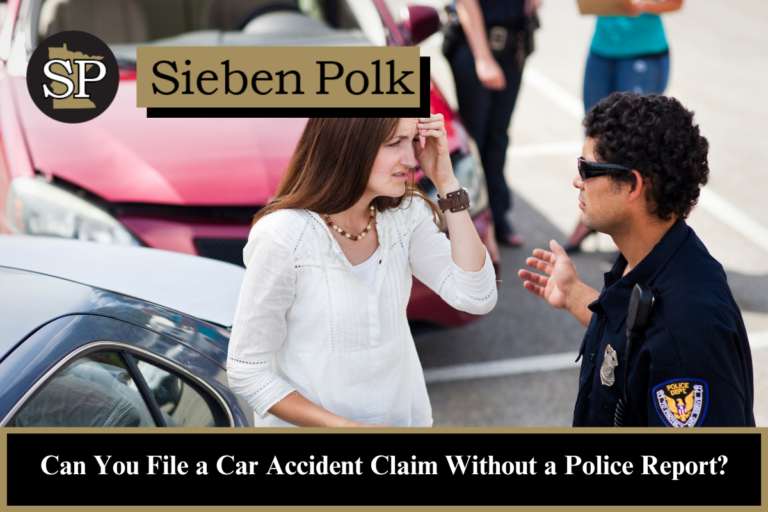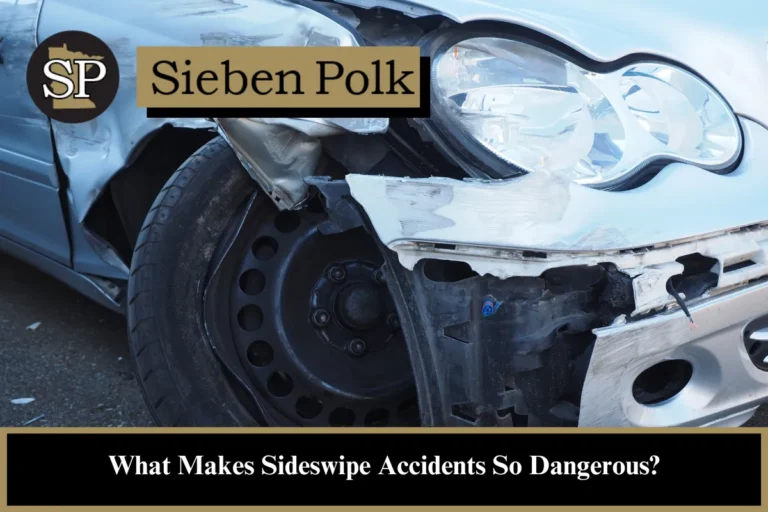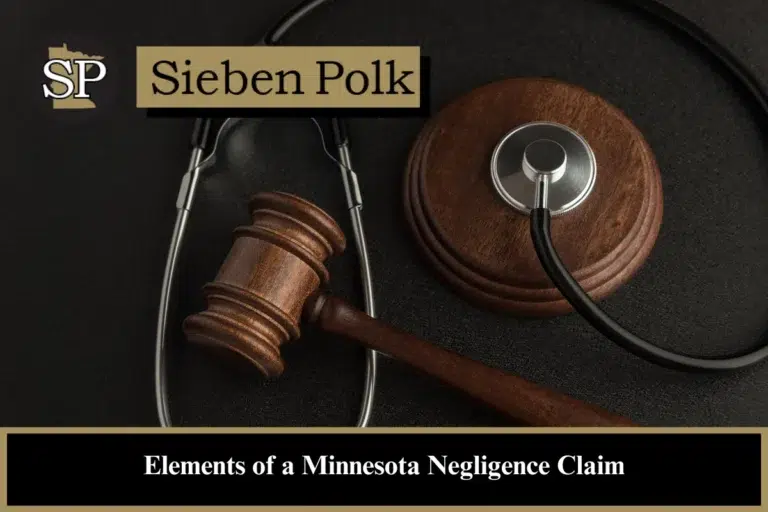If you’ve been involved in a car accident in Minnesota, you might be wondering if you need to file a police report before pursuing an insurance claim or lawsuit. In Minnesota, a police report is legally required in the case of injury or death, and it can play a crucial role in supporting your case. However, what happens if you don’t have one?
Navigate This Page
- Are You Required to Call the Police to the Scene of Your Accident in Minnesota?
- Why You Should File a Police Report After Your Auto Accident
- Can an Insurance Company Deny Your Claim Without a Police Report?
- What Information Should I Provide if I Don’t Have a Police Report?
- How Our Car Accident Attorneys Can Help
- Reach Out Today for Your Free Consultation
- Related Reading:
Are You Required to Call the Police to the Scene of Your Accident in Minnesota?
Legal Requirements for Reporting Car Accidents
Additional Responsibilities After an Accident
As a driver, you must exchange names, addresses, insurance details, and license plate numbers with other involved parties. The investigating officer will also collect insurance information and file a report with the commissioner of public safety within 10 days.
Why You Should File a Police Report After Your Auto Accident
Importance of a Police Report for Your Case
Filing a police report is not just about following the law—it also provides crucial evidence for your case. A police report is typically seen as authoritative and includes valuable details such as:
- Date, Time, and Location: Specifics about the accident’s occurrence
- Driver and Vehicle Information: Names, contact info, insurance details, and vehicle descriptions
- Damages and Injuries: A summary of vehicle damage and injuries sustained
- Witness Statements: Accounts from individuals who saw the accident
- Police Officer’s Observations: Notes on the accident scene, including citations
Accessing Your Police Report
You can obtain a copy of the police report by submitting a Crash Records Request to the Minnesota Driver and Vehicle Services (DVS) office. A small fee is required, but obtaining this report promptly can strengthen your legal case.
Can an Insurance Company Deny Your Claim Without a Police Report?
The Role of a Police Report in Insurance Claims
Insurance companies may deny your claim if you don’t have a police report, as the report provides an objective account of the incident. Without it, the insurance company may argue that the evidence is insufficient, which could result in a claim denial.
What Information Should I Provide if I Don't Have a Police Report?
Filing an Insurance Claim Without a Police Report
Even if you don’t have a police report, insurance companies still require essential information such as:
- Date, time, and location of the accident
- Names and contact information of other parties involved
- Details about vehicle damage and injuries sustained
How to Handle Communication with Insurance Companies
You are not obligated to speak with the at-fault party’s insurance company. If they request a recorded statement, politely decline and refer them to your attorney. Protecting your rights in communication with insurance adjusters is crucial, as their goal is often to minimize claims.
How Our Car Accident Attorneys Can Help
Building Your Case Without a Police Report
If you don’t have a police report, our experienced car accident attorneys can help you strengthen your case. Using alternative evidence like witness statements, photos, videos, and medical records, we can still build a strong case to support your claim.
Time Limits for Filing a Car Accident Lawsuit in Minnesota
The statute of limitations in Minnesota typically gives you six years to file a personal injury claim. However, the longer you wait, the more difficult it can be to gather evidence, which could impact your case.
Reach Out Today for Your Free Consultation
Even without a police report, you may still be entitled to compensation after a car accident. Our team at Sieben Polk, P.A. is here to help you understand your rights and guide you through the legal process. Contact us today for a free, no-obligation case evaluation at (651) 437-3148.




